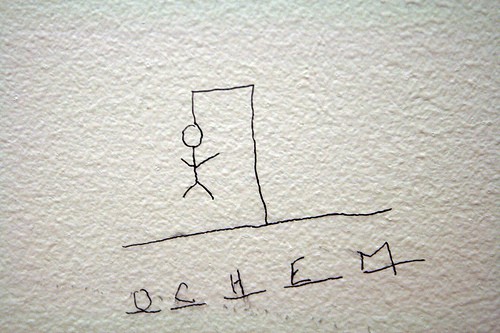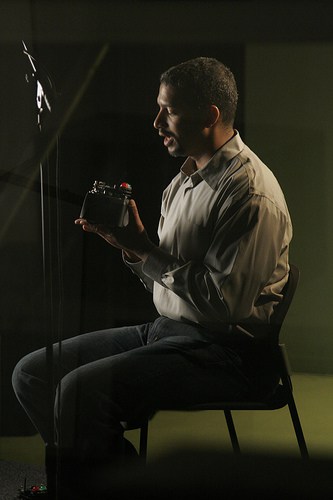
The Lonely Rise of Sonya Sotomayor
Tucked away in the northeast corner of the Bronx, not far from Edenwald Houses, the borough’s largest public housing project, sits the Cardinal Spellman Highschool — a private, yet still affordable catholic high school (the annual tuition is under $7000), that has been for the past fifty years, as Lauren Collins put it in a recent New Yorker article, home to “strivers of assorted ethnicities” attempting to better their situation.
It’s not surprising, therefore, that a young Sonya Sotomayor found her way to Spellman in the fall of 1968. After distinguishing herself academically (she was valedictorian), Sotomayor graduated from the Bronx to Princeton University and then on to Yale Law School, where she was editor of the Law Review. After paying her career-appropriate dues in the New York District Attorney’s office, she moved into corporate law.
In 1991, Sotomayor was appointed a district court judge, and in 1997 she advanced to the court of appeals. Even at this early stage, her potential to become a Supreme Court justice was recognized (Rush Limbaugh dedicated an entire show during her appeals court confirmation to stalling her “rocket ship to the Supreme Court”). Earlier this year, Sotomayor realized this potential when President Obama nominated her to fill the seat vacated by David Souter.
Sotomayor is great at what she does and loves doing it. Translated into the vernacular of modern career advice: she found her calling.
But at what cost?
In a column written during Sotomayor’s Supreme Court confirmation hearings, David Brooks describes the ambitious jurist as an exemplar of a “meritocracy that gets more purified and competitive by the year, with the time demands growing more and more insistent.” As Brooks noted, Sotomayor divorced twice and is candid about her workaholism.
“Certainly the fact that I was leaving my home at 7 and getting back at 10 o’clock was not of assistance in recognizing the problems developing in my marriage,” she once said.
Sotomayor’s story and Brooks’ commentary were brought to my attention in a trio of posts written by Ben Casnocha. In these posts, Ben argues that a calling — which he defines, quoting Michael Lewis, as “an activity you find so compelling that you wind up organizing your entire self around it” — is usually pursued at the expense of the other important areas of your life.
“If you want a calling, you don’t have time for a family,” Ben proposes.
Casnocha and Brooks are correct to notice that true callings are often truly corrupting to the overall quality of their subject’s lives. High stakes fields like law or finance, for example, are rich with Sotomayor-style workaholics. But this Faustian trade-off is not inevitable.
In this post, I highlight a different path; one that preserves both elements of the remarkable life — professional engagement and deep enjoyment of daily living. To do so, I’ll enlist the aid of a provocative personality who started life on a similar trajectory as Sotomayor, but then split off in an unexpected direction.




